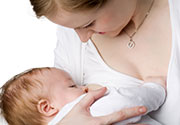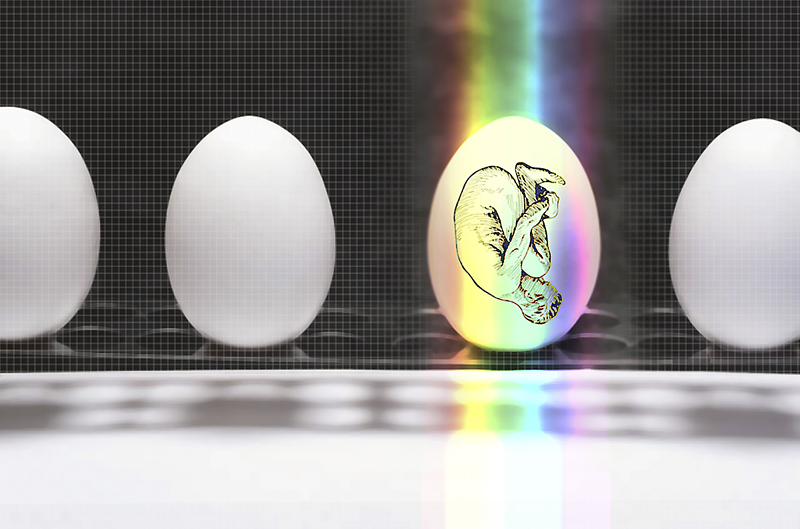
MONDAY, Aug. 31, 2015 (HealthDay News) — Breast-feeding exclusively for at least two months may help new mothers with multiple sclerosis (MS) lower their risk of relapse, new research suggests.
Exclusive breast-feeding, without supplementing, seems to be key, the researchers said.
“We found that women with MS who breast-fed exclusively had a significantly lower relapse risk than women who did not breast-feed at all or breast-fed some but not exclusively,” said study author Dr. Kerstin Hellwig, a researcher at Ruhr-University Bochum in Germany.
The study is published online Aug. 31 in JAMA Neurology.
In MS, the immune system attacks the central nervous system, including the myelin that surrounds nerve fibers and the nerve fibers themselves, according to the National Multiple Sclerosis Society. Symptoms vary, but can include weakness, fatigue and numbness and tingling of extremities. MS can be mild, moderate or severe and debilitating, according to the society.
Experts know that about 20 percent to 30 percent of women with MS have a relapse within the first three or four months after giving birth, according to background information in the study. However, studies about whether breast-feeding reduces that risk have produced conflicting results, with some finding a benefit and others not, the current study authors noted.
Hellwig and her team followed just over 200 pregnant women in the period after pregnancy. Data was collected from 2008 to 2012.
All of the women had the relapsing-remitting form of MS, in which the disease waxes and wanes. About 85 percent of those diagnosed with MS are initially diagnosed as having this form of the disease, according to the NMSS.
The researchers followed the women for a year after giving birth. About 60 percent intended to breast-feed only for at least two months; the others breast-fed partially or not at all.
About 38 percent of those who didn’t breast-feed exclusively or at all had a relapse within six months of childbirth. But just 24 percent of those who did breast-feed exclusively for two months had a relapse in the six months after giving birth, the study found.
After the women who breast-fed exclusively added supplemental feedings to their baby’s diet, the relapse rates between groups became similar, Hellwig said.
While the study found a link between breast-feeding and MS relapse rates, it did not prove a causal connection.
“Clearly breast-feeding is not harmful and therefore most women with MS should be supported if they choose to breast-feed exclusively since it clearly does not increase the risk of postpartum relapse,” she said.
As to why it may reduce risk, the researchers speculated that hormonal changes during breast-feeding leading to a lack of ovulation may be key. It’s known that women with MS are less likely to get a diagnosis during non-ovulating times, such as childhood or after menopause, the researchers said.
The study findings appear to be good news for women with MS who want to breast-feed, said Kathleen Costello, vice president of healthcare access for the National Multiple Sclerosis Society.
“The decision to breast-feed is one made by the individual and her family based upon numerous considerations,” Costello said. “One [consideration] that I’ve typically noted is the worry that breast-feeding could negatively impact the MS disease process. This study suggests that exclusive breast-feeding does not appear to increase the risk of having a postpartum MS relapse and may have a modest benefit in reducing that risk.”
More information
To learn more about relapsing-remitting MS, see National Multiple Sclerosis Society.
Copyright © 2026 HealthDay. All rights reserved.

